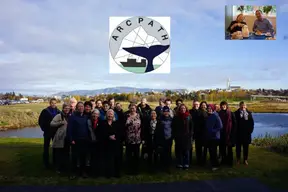Oceanographic research and development
At the Oceanographic research group, research is based on oceanography, the study of the sea, and links the physics of the sea with biological, geological and chemical processes in the ocean. We are about 20 specialists in fields ranging from oceanography and marine biology to mathematics and computer programming. We increase society's knowledge of the state of the sea to facilitate sustainable management of our ocean.
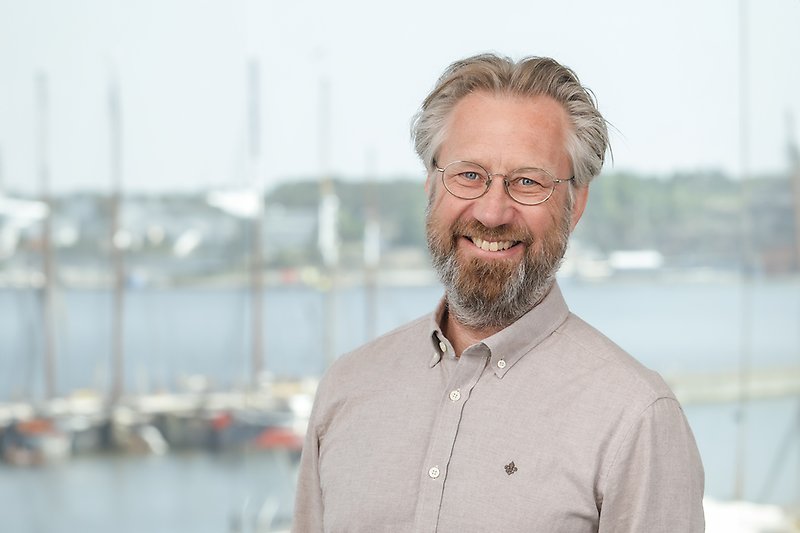
”The ocean is important for everyone”
About the researchFind on this page
Much of SMHI's oceanographic research focuses on our surrounding sea areas; the Baltic Sea, Kattegat and Skagerrak, but we also conduct research for the North Sea and Arctic Ocean.
We are specialists in a number of areas related to marine research, such as marine biology, marine observations, numerical modeling and remote sensing.
We work with marine observational data, oceanographic analysis and the development of computational models and methods. The models are used to make forecasts, study processes and predict future ocean climate.
Our research results are used in products that benefit a wide range of fields, such as oil spill response, shipping, sea rescue, and warnings of algal blooms and high or low water levels.
The results are also used to plan actions needed to meet national environmental quality objectives and to support decision-making on water management, adaptation to future climate and mitigation of climate impacts.
Our oceanographic research focuses on three main research areas: Ocean Climate, Marine Environment and Operational Oceanographic Research and Model Development.

Ocean Climate
The role of the ocean in the climate system
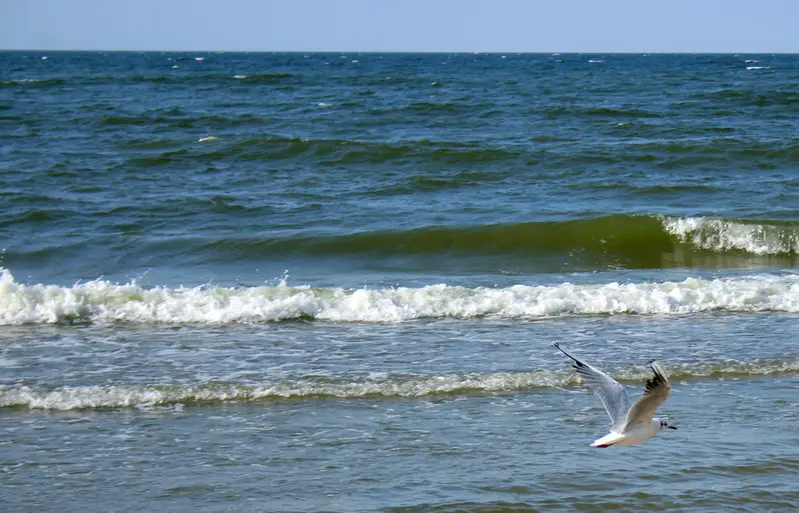
Marine Environment
The sea as a habitat
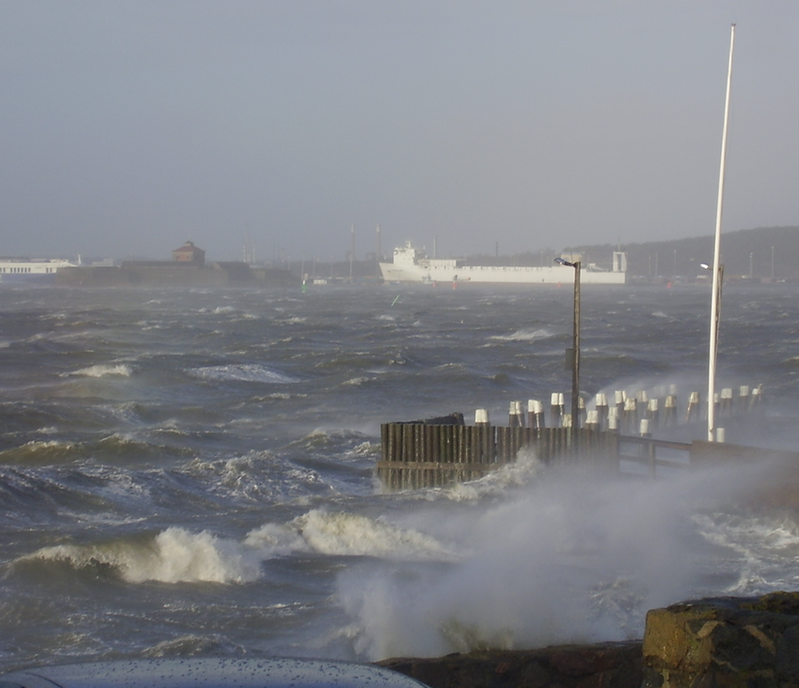
Operational Oceanographic Research and Model Development.
Sea forecasts and warnings
SMHI's oceanographic research unit participates in many national and international projects. We develop ocean modeling and ocean observations and link them with central services and with various issues, both around historical reconstructions and climate change in the Baltic Sea, the North Sea and the Arctic.
Oxygenation – model study: Evaluate restoration of the Baltic Sea by oxygenation of anoxic bottoms
The aim with the project is to investigate if pumping oxygen rich water to the deep will decrease the re-circulation of phosphorus and speed up a permanent improvement of the environment state in the Baltic Sea.
Numerical models are the main tools in oceanographic research. At SMHI, several advanced models are developed and used to describe the physical and biogeochemical processes in the ocean. Sometimes the models can also be linked together into a multi-model system.
The various model systems are used to make forecasts and enable SMHI to issue warnings and study environmental changes in the marine ecosystem and the effects of climate change.
The main modeling systems today are EC-Earth, NEMO, PADM, SCOBI and SCM.
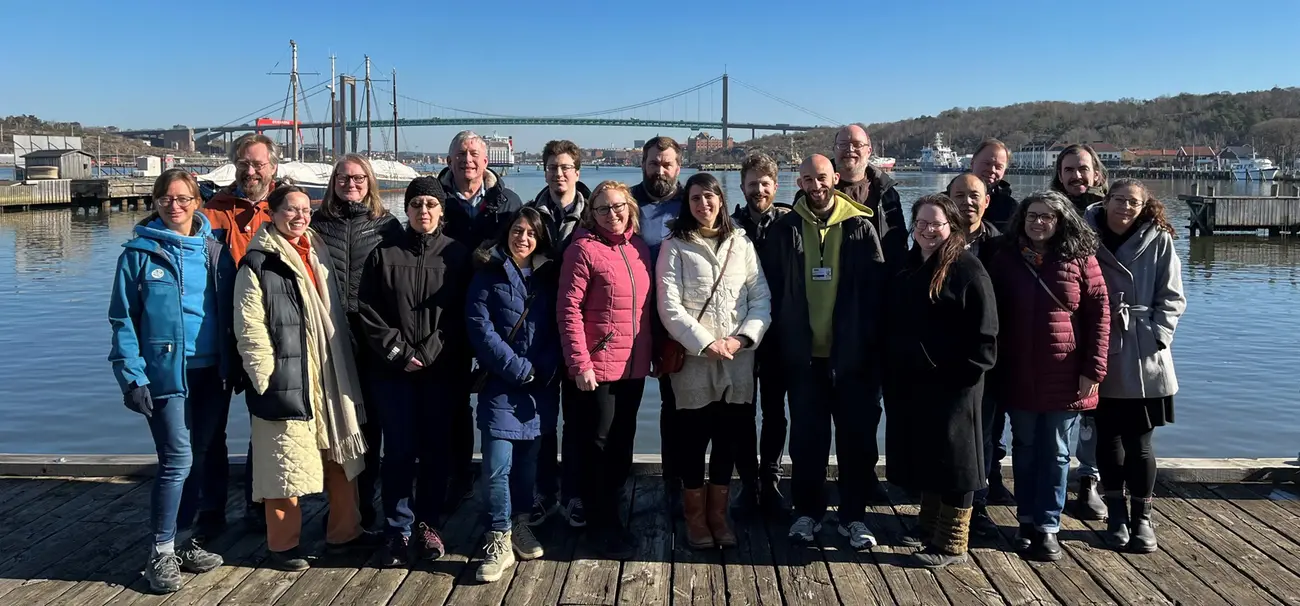%20FoU-Oce_Internat%20Gbg%20v%C3%A5ren%202024.webp)
All of us at the oceanographic research unit
The unit is led by Sam Fredriksson, Elin Almroth-Rosell and Lars Axén.
We publish our research results in international peer-reviewed journals and in SMHI reports. The two most recent publications from SMHI's oceanographic research are:
Hypsographic Control on the Diapycnal Flow in the Eastern Gotland Basin of the Baltic Sea
Magnus Hieronymus, Per Pemberton, Robinson Hordoir, Erik Mulder
Cost-efficient allocation of ship measures and harvest of aquatic invasive species - An application to invasive crabs on the west coast of Sweden
Ing-Marie Gren, Lars Arneborg, Sandra-Esther Brunnabend, Sam Fredriksson, Lena Granhag, Bjorn Kallstrom
SMHI recruits Professor of Oceanography
To further strengthen and profile SMHI's expertise in oceanographic research, the position of Professor of Oceanography is now advertised. With a focus on climate effects and other anthropogenic impacts on the ocean, operational oceanography and data assimilation or biogeochemical and physical processes and their impac...SMHI's research at EGU 2023
SMHI will participate in the annual research conference European Geosciences Union General Assembly in Vienna. This year SMHI's researchers will participate in various events within our disciplines of meteorology, hydrology, oceanography and climate.On a pathway to resilient and sustainable societies
The research project ARCPATH (Arctic Climate Predictions: Pathways to Resilient, Sustainable Societies) has been completed after four years. The aim of the project has been to investigate pathways to resilient and sustainable societies by developing climate projections in the Arctic and to interpret the effects of clim...